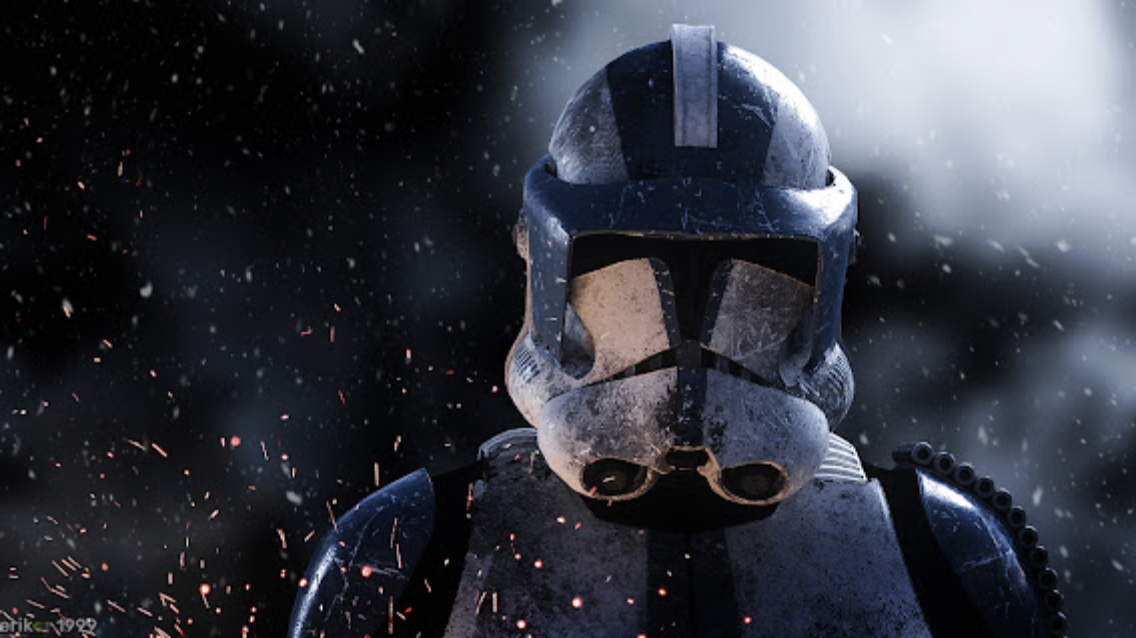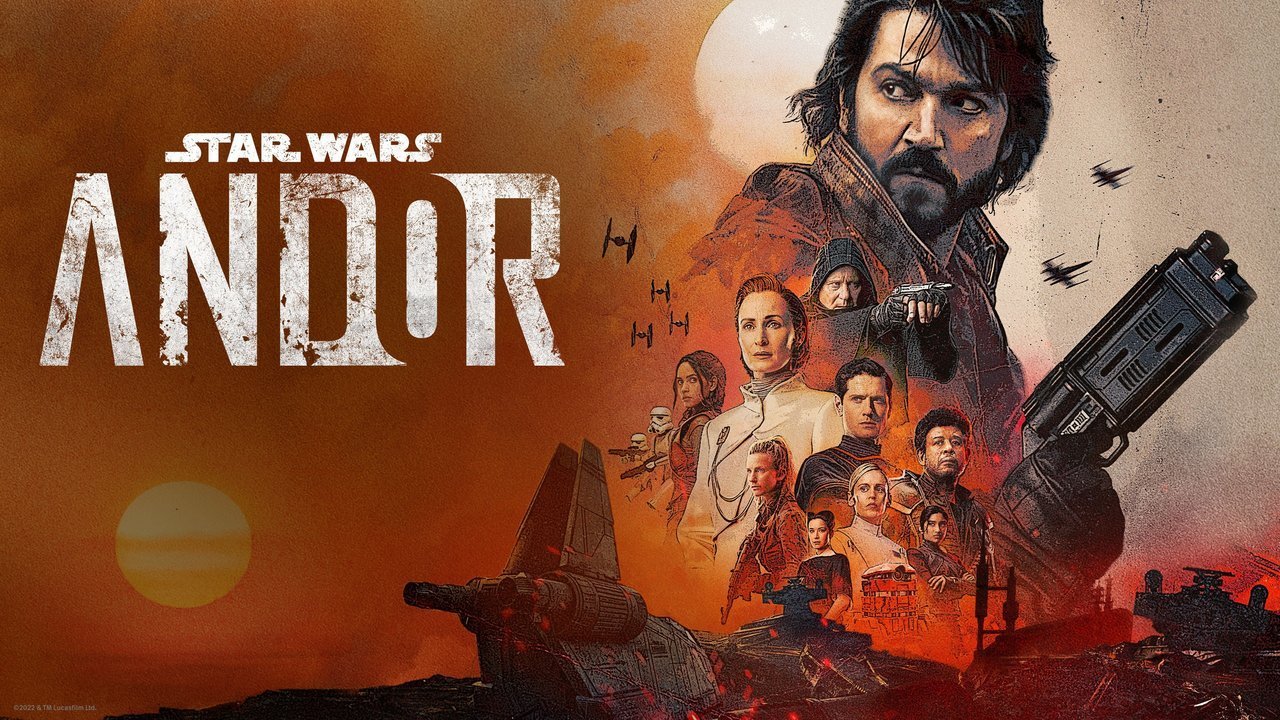Was Life Under Imperial Rule Better Or Worse Than Other Eras In Star Wars?
The Empire in Star Wars is synonymous with evil. The leaders of the Empire - Emperor Palpatine and Darth Vader - are two of the most iconic villains of all time. The former cackles about having unlimited power while blasting foes with lightning. The latter rips through entire hallways filled with opponents without breaking a sweat.
Under the management of this dastardly duo, the Empire has done terrible deeds. Order 66 and the destruction of Alderaan rank among the most tragic moments in Star Wars history. Casual murder of imperial officers and innocent civilians take place daily.
RELATED:
Was life for galactic citizens so bad under Imperial rule, though? In some ways, it seems like it might have been an improvement over life in the Republic.
Before becoming Darth Vader, Anakin Skywalker confronts his former master, Obi-Wan Kenobi. Obi-Wan blasts Anakin for betraying democracy and the Republic. Anakin responds, “Don’t lecture me, Obi-Wan! I see through the lies of the Jedi. I do not fear the dark side as you do. I have brought peace, freedom, justice, and security to my new Empire.”
It is time to embrace the dark side and acknowledge that Anakin could have a point. The Empire used nefarious means to gain power. Yet it also established a more effective political system than the Republic.
Freedom
In Star Wars: Attack of the Clones, Anakin debates the state of the galaxy with his love interest, Padmé. Anakin calls for a wise person to spur the Galactic Senate toward action. Padmé cautions that Anakin’s dream sounds like a dictatorship. With a twinkle in his eye and a grin, Anakin responds, “if it works.”
This exchange captures the problem with the Republic: the government no longer functioned. For Padmé, the Republic represented admirable virtues such as democratic discourse and representation. Yet Anakin recognized that the Republic had lost its ability to defend these virtues. Corruption, bureaucracy, and opposing factions ground any functioning government to a stand still.
Given her experience leading Naboo, Padmé should sympathize with Anakin’s argument. When Naboo sets a tax on galactic trade routes, it sets off a conflict with the Trade Federation. Padmé pleads for the Galactic Senate to help with the blockage, only to find the idsuc
Padme pleads for the Galactic Senate to lift the blockade, only to find the discussion bogged down in committee hearings.
A single planet’s policy change sets off an intergalactic crisis. Padmé must take swift and unilateral action in the face of the Republic's neglect. Without the support of then Senator Palpatine, Naboo would have experienced armed occupation.
The Empire’s strength ensures that citizens remain free from crises like the one on Naboo. Its decisiveness beats out the Republic’s glacial pace of decision-making.
Peace
Competing factions dominate the Republic era. The Separatists unifies disgruntled corporate entities and Outer Rim. Motivations range from resentment of the Republic's economic policies to seeking political independence.
From 22 BBY to 19 BBY, the Republic and Separatists launch into the Clone Wars. Battles engulf countless planets. The death toll on both sides reaches cataclysmic levels.
For three years, atrocities abound. Public opinion shifts against the Republic for its use of clones, who lack free will. Species like the Talz on Orto Plutonia encounter a war they never asked for.
The Empire stops most devastating conflict in Star Wars history. The Rebellion stirs up skirmishes, but nothing close to the violence of the Clone Wars. Instead, citizens enjoy technological advancement, a universal currency, and an end to clones.
Justice and Security
Crime flourishes under the Republic. During the Clone Wars, Sith Lord Darth Maul creates the Shadow Collective. This rogue alliance unifies Death Watch, Black Sun, the Pyke Syndicate, and the Hutt Clan. These criminals almost take control of Mandalore, and they expand the spice trade.
The Jedi Order fails to contain the spread of crime. The Jedi become militarized and place their attention on the clone army. Over time, this shift in focus leads the Jedi away from peacekeeping and law enforcement.
As the Empire takes shape, the balance begins to shift. Criminal factions like the Hutt Clan maintain influence. The presence of stormtroopers contains these criminal factions and the underground economy. Citizens enjoy greater safety from the underworld on most planets under the Empire.
A Lost Cause
The Empire might be evil. Yet an evil government that functions could be preferable to a mediocre government. It might be difficult for Star Wars fans to acknowledge this idea. After all, we want to root for our heroes to succeed. It is hard to believe that those who fought in the Clone Wars died for a lost cause.
Even the true believers, the Jedi, start losing their hope in the Republic toward the end. Jedi Master Yoda says, “No longer certain that one ever does win a war, I am.” The Republic left the Clone Wars in such a fragile state that it might have broken even without the Empire.
Search your feelings, and you will know it to be true: the Republic was on the verge of collapse. It deserved to fade away.
READ NEXT:



